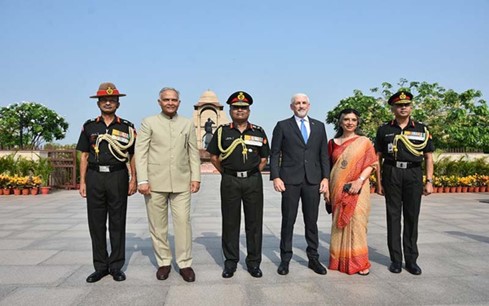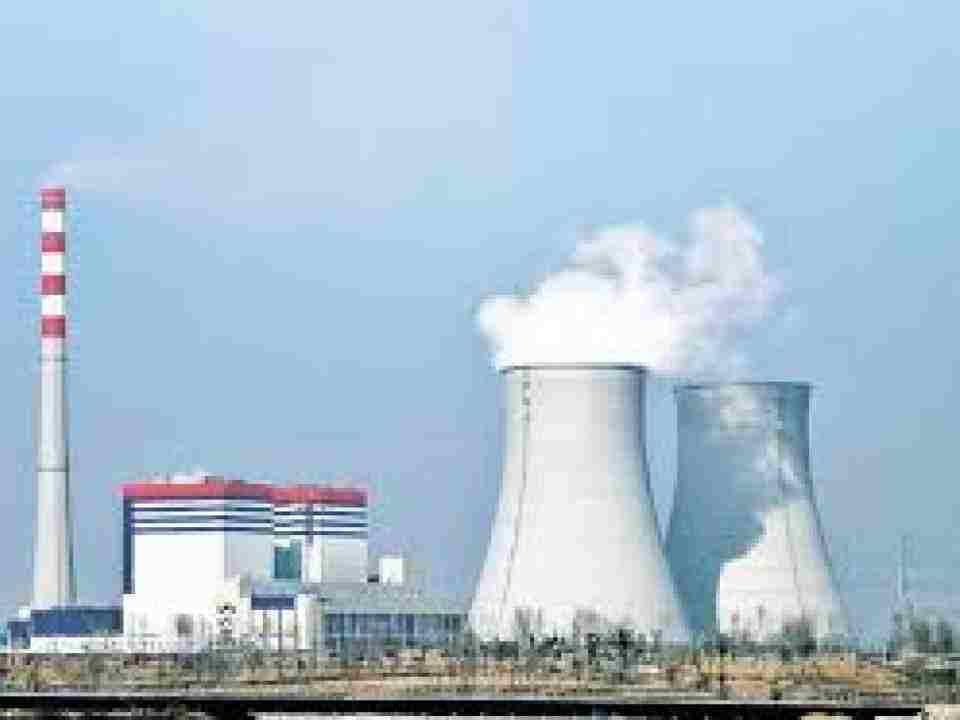- Courses
- GS Full Course 1 Year
- GS Full Course 2 Year
- GS Full Course 3 Year
- GS Full Course Till Selection
- MEP (Mains Enrichment Programme) Data, Facts
- Essay Target – 150+ Marks
- Online Program
- GS Recorded Course
- NCERT- First Ladder
- Polity
- Geography
- Economy
- Ancient, Medieval and Art & Culture AMAC
- Modern India, Post Independence & World History
- Environment
- Governance
- Science & Technology
- International Relations and Internal Security
- Disaster Management
- Ethics
- Current Affairs
- Indian Society and Social Issue
- CSAT
- 5 LAYERED ARJUNA Mentorship
- Public Administration Optional
- ABOUT US
- OUR TOPPERS
- TEST SERIES
- FREE STUDY MATERIAL
- VIDEOS
- CONTACT US
India’s Commitment to Peacekeeping
India’s Commitment to Peacekeeping


Latest Context
Recently, the 75th International Day of United Nations (UN) Peacekeepers on 29th May (which was designated by the UN General Assembly at the National War Memorial in New Delhi was commemorated by the Indian Army. Its theme was 'Peace begins with me'. As far as the significance of this day is concerned, it marks the anniversary of the first UN peacekeeping (UNPK) mission in 1948.
Note: On this occasion, India announced the plans to conduct two initiatives later in 2023 to train women personnel from South East Asia, as per the collaboration with ASEAN in the defence sector.
India-ASEAN Initiative for Women in UNPK Operations
- It is meant for a collaborative effort between India and ASEAN to promote the participation of women in UNPK operations. Its objective is to offer training and support to women personnel from ASEAN member-states who are interested in serving as peacekeepers.
- India has announced two specific initiatives under this initiative namely Specialized courses at the Centre for United Nations Peacekeeping (CUNPK) in New Delhi. Under these programs, women peacekeepers are offered targeted training in peacekeeping operations. To equip them with the necessary skills and knowledge to effectively contribute to UNPK missions is the main objective of this initiative.
- Under Table Top Exercise for women officers from ASEAN, women peacekeepers are offered modules consisting of various scenarios and challenges faced by UN peacekeepers to enhance their understanding and preparedness for UNPK operations.
UN Peacekeeping
- Introduction: United Nations employs its troops in countries or regions which are suffering from conflict or war in order to provide peace and humanitarian assistance. Under it, the United Nations deploys military, police, and civilian personnel to regions affected by conflicts or political instability. The basic motto of UN Peacekeeping is to provide peace and security to protect civilians in addition to the restoration of a stable government.
- UN Peacekeeping Mission combines UN General Assembly, the UN Security Council, the Secretariat, troop and police contributors and the host governments in order to maintain international peace and security.
- First Mission: In May 1948, the first UN peacekeeping mission was established when the UN Security Council authorized the deployment of UN military observers to the Middle East to establish the United Nations Truce Supervision Organization (UNTSO) for monitoring the Armistice Agreement between Israel and its Arab neighbours.
- Mandates: Though the mandates of UN Peacekeeping missions vary from operation to operation, they generally include some or all of the following elements
- Promoting political dialogue, reconciliation, and supporting elections.
- Building the rule of law, security institutions, and promoting human rights.
- Offering humanitarian aid, promoting environmental sustainability, and supporting refugee reintegration
- Observing ceasefires, peace agreements, and security arrangements.
- Safeguarding all civilians, especially those at risk of physical harm
Principles
- Consent of the Parties: Peacekeeping missions require the consent of the main parties involved in the conflict. This requires a commitment by the parties to a political process. Their acceptance of a peacekeeping operation provides the UN with the necessary freedom of action, both political and physical, to carry out its mandated tasks.
- Impartiality: Impartiality is crucial to maintaining the consent and cooperation of the main parties. But it should not be confused with neutrality or inactivity. United Nations peacekeepers should be impartial in their dealings with the parties to the conflict, but not neutral in the execution of their mandate.
Non-use of Force except in self-defence and defence of the mandate: UN peacekeeping operations are not an enforcement tool. However, they may use force at the tactical level, with the authorization of the Security Council, if acting in self-defence and defence of the mandate. In certain volatile situations, the Security Council has given UN peacekeeping operations “robust” mandates authorizing them to “use all necessary means” to deter forceful attempts to disrupt the political process, protect civilians under imminent threat of physical attack, and/or assist the national authorities in maintaining law and order.
Achievements:
- UN Peacekeeping has played a crucial role in ending conflicts and promoting reconciliation in numerous countries since its beginning in 1948.
- UN Peacekeeping Missions do have a positive impact on restoring stability, enabling the transition to democratic governance, and fostering economic development.
- There are many countries like Cambodia, El Salvador, Mozambique, and Namibia in which India deployed its peacekeeping missions which are of great success.
Contribution of India to UN Peacekeeping
- Troop Contribution: India is known to have a rich legacy of contributing to UN Peacekeeping operations. India is one of the biggest countries all over the world with a history of deploying soldiers, medical personnel, and engineers to various peacekeeping missions worldwide. So far, India has contributed approximately 2,75,000 troops to peacekeeping missions.
- Casualties: Many Indian Army soldiers have sacrificed at a very large level while serving in UN Peacekeeping Missions. Approximately 179 soldiers lost their lives in the line of duty.
- Training and infrastructure: Centre for United Nations Peacekeeping (CUNPK) in New Delhi was established by the Indian Army. In addition to hosting national and international courses for potential peacekeepers and trainers, it provides specialized training for more than 12,000 troops every year in peacekeeping operations. Its role is very significant in sharing best practices and enhancing the capacity of peacekeepers.
Women in Peacekeeping: To promote gender equality in peacekeeping operations, India has taken proactive measures. India has deployed Female Engagement Teams in United Nations Organization Stabilization Mission in the Democratic Republic of the Congo and United Nations Interim Security Force for Abyei, which is the second largest women contingent after Liberia. India has also deployed Women Military Police in United Nations Disengagement Observer Force and women staff officers and military observers in various missions.



